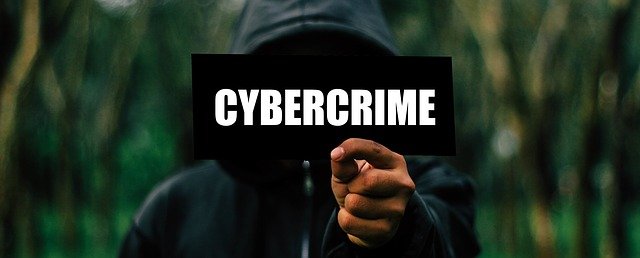Doxxing is a cyber attack that involves discovering the real identity of an Internet user, or uncovering other valuable personal data, by analyzing pieces of information he/she leaves online, and finally broadcasting the data to the public.
Cybercriminals and trolls can be very resourceful in how they doxx you. They can use a single clue, and then follow it up until they slowly unravel your online persona and reveal your identity.
More often than not, law enforcement has difficulty identifying and prosecuting these types of crimes. But now, Representatives Katherine Clark (D-MA), Susan Brooks (R-IN) and Patrick Meehan (R-PA) want to criminalize these behaviors at the federal level with the Online Safety Modernization Act of 2017.
Rep. Katherine Clark (D-MA) has proposed legislation to specifically outlaw internet harassment-based crimes like doxxing and swatting and devote $24 million a year to stopping them. The Online Safety Modernization Act of 2017 collects several of Clark’s earlier bills, with sponsorship from Rep. Susan Brooks (R-IN) and Patrick Meehan (R-PA). It imposes penalties on several relatively new forms of abuse that may be only indirectly covered under other laws, while funding research and investigation into internet safety issues.
Doxxers use methods such as Packet sniffing which is a hacking method where the doxxer intercepts your Internet data, looking for valuable information about you, such as emails, passwords, credit card data and so on. Basically, the doxxer connects to a network, such as a Wi-Fi, breaks its security measures and after that he intercepts all of the data coming in and out of the network.
"The legislation is a roadmap for Congress to address online safety and combat the rise in online crimes that disproportionately affect women and girls," says the press release for the bill. It specifically prohibits sextortion, swatting, doxxing and revenge porn, as well as provides training and resources for federal, state and local law enforcement to deal with these complex issues. The bill is supported by Facebook; it's not clear what other tech or social media companies are on board.
This isn't the first time Clark has proposed legislation concerning internet harassment crimes (she fell victim to swatting when she proposed an anti-swatting bill), but this new bill brings various different issues she's addressed under one umbrella. The bipartisan nature of the legislation makes it more likely that it will come to a full vote.
Clark has put forward individual bills covering these issues before, as well as a letter urging Congress to put more emphasis on fighting online threats, but nothing has moved to a vote so far. This time, she hopes that the support of two Republican representatives, as well as endorsements from law enforcement groups and Facebook, will help its chances. There’s no companion bill in the Senate yet, but Clark says she’s had inquiries from senators. And Clark is far from the only lawmaker concerned about online abuse. California passed the anti-swatting bill in 2013, and two states have criminalized sextortion.
"The fact of the matter is, the laws governing sextortion, doxxing, and swatting were written when computers didn't fit in our pockets, phones were plugged into walls, and texting required a stamp," said Congresswoman Brooks. This bill would go a long way towards helping identify and prosecute crimes that our current laws just aren't currently equipped to deal with.
How to prevent doxxing
Read More: http://www.thetelegraff.com/doxxing/

Hi! I am a robot. I just upvoted you! I found similar content that readers might be interested in:
http://www.thetelegraff.com/doxxing/
Downvoting a post can decrease pending rewards and make it less visible. Common reasons:
Submit
I wonder if this will effect the way that the press can find out and publish info as well.
Downvoting a post can decrease pending rewards and make it less visible. Common reasons:
Submit